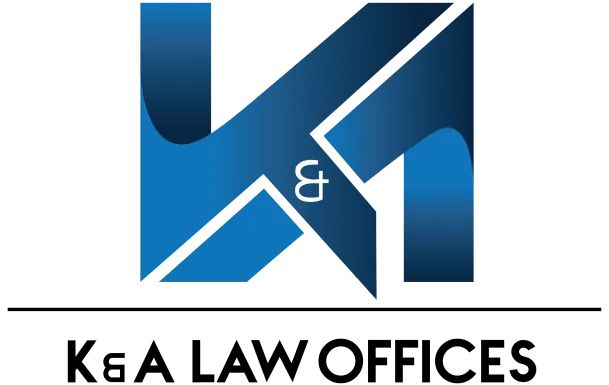The National Company Law Tribunal (NCLT), Mumbai Bench, on October 19, 2022 while adjudicating a petition filed in M/s Shri Sadguru Traders v. M/s Gajalee Coastal Foods Pvt. Ltd., reiterated that the Operational Creditor cannot change the ‘date of default’ by confining the invoices to a later period.
In the instant matter, M/s Shri Sadguru Traders (“Operational Creditor”), involved in the wholesale business of supply of food grains and M/s Gajalee Coastal Foods Pvt. Ltd. (“Corporate Debtor”) runs popular restaurant in Mumbai. The Corporate Debtor placed purchase orders with the Operational Creditor for supply of food grains and grocery items. Operational Creditor supplied the goods, however, only part payment was received. The Operational Creditor issued demand notice to the Corporate Debtor, demanding balance principle amount. The Corporate Debtor replied to the said demand notice. When the payments were still not received, the Operational Creditor filed a petition under Section 9 of Insolvency and Bankruptcy Code, 2016 (“IBC”), seeking to initiate Corporate Insolvency Resolution Process (“CIRP”) against the Corporate Debtor. the Operational Creditor computed the period of limitation for invoices. The Corporate Debtor raised the objection that the default included certain invoices due to which petition was time barred. The Operational Creditor argued that even though certain invoices preceding 3 years are barred by limitation, the Petition can still be admitted in respect of the unpaid invoices that are within the limitation.
Reliance was placed on the NCLAT judgment in Next Education India Private Limited v. K12 Techno Services Pvt. Ltd., Company Appeal No. 98/2019, where it was held that the Tribunal does not have jurisdiction in Insolvency Proceedings to cut-short the invoices which would cause recurring dates of cause of action if is not a suit for recovery.
The NCLT Bench reiterated that as per the law laid down by the NCLAT in Next Education case, the Operational Creditor cannot change the ‘date of default’ by confining the invoices to a later period. Specially, when the Demand Notice under Section 8 of IBC includes all the invoices from the date of default and the ‘debt amount’ is crystallized based on the invoices. Hence, the petition was dismissed.

